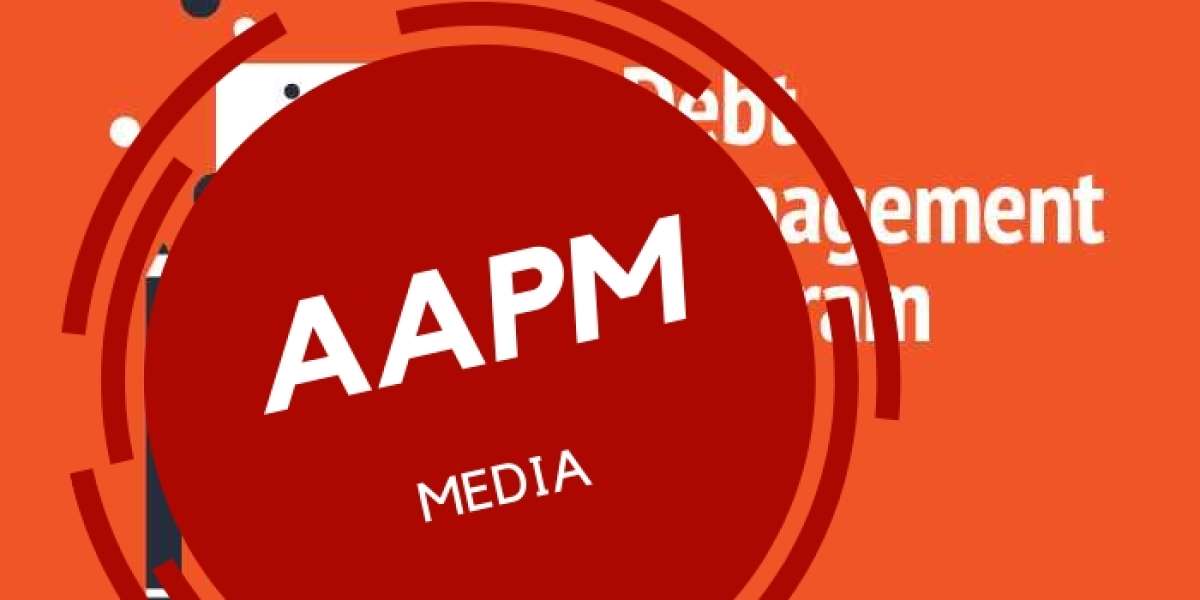A debt management program (DMP) is a structured financial plan designed to help individuals or businesses repay their debts more effectively and manage their finances responsibly. DMPs are typically administered by nonprofit credit counseling agencies, financial institutions, or debt management companies, and they aim to assist individuals who are struggling with unmanageable debt burdens.
Here's how a debt management program typically works:
1. Assessment and Counseling:
- The first step in a DMP involves a comprehensive assessment of the individual's financial situation by a certified credit counselor. The counselor reviews the individual's income, expenses, debts, and assets to understand their financial challenges and develop personalized recommendations.
2. Budgeting and Financial Education:
- As part of the counseling process, individuals receive guidance on budgeting, money management, and responsible financial behavior. They may learn strategies for prioritizing expenses, reducing discretionary spending, and building savings habits to improve their overall financial well-being.
3. Debt Consolidation and Negotiation:
- In a debt management program, the credit counselor works with the individual's creditors to negotiate lower interest rates, reduced fees, or more favorable repayment terms. The counselor may also facilitate the consolidation of multiple debts into a single monthly payment, simplifying the repayment process and potentially lowering the total amount owed.
4. Structured Repayment Plan:
- Once the terms of the DMP are finalized, the individual makes a single monthly payment to the credit counseling agency, which then distributes the funds to their creditors according to the agreed-upon repayment plan. This structured approach helps individuals stay on track with their debt payments and avoid missed or late payments.
5. Credit Counseling and Support:
- Throughout the duration of the DMP, individuals receive ongoing support and guidance from their credit counselor. Counselors may offer advice on financial management strategies, debt reduction techniques, and credit rebuilding efforts to help individuals achieve long-term financial stability.
6. Regular Progress Monitoring:
- The credit counseling agency monitors the individual's progress in the DMP, tracking their payments and communicating with creditors as needed to address any issues or concerns. Regular reviews of the individual's financial situation may also be conducted to assess progress and make adjustments to the DMP if necessary.
7. Completion and Debt-Free Living:
- Upon successful completion of the DMP, individuals have repaid their debts according to the terms of the program and have taken steps to improve their financial habits and practices. They are better equipped to manage their finances responsibly and maintain a debt-free lifestyle moving forward.
Overall, a debt management program provides individuals with a structured and supportive approach to debt repayment, helping them regain control of their finances, reduce debt stress, and work towards achieving their financial goals. It's important to choose a reputable and accredited credit counseling agency to ensure the effectiveness and integrity of the DMP.







